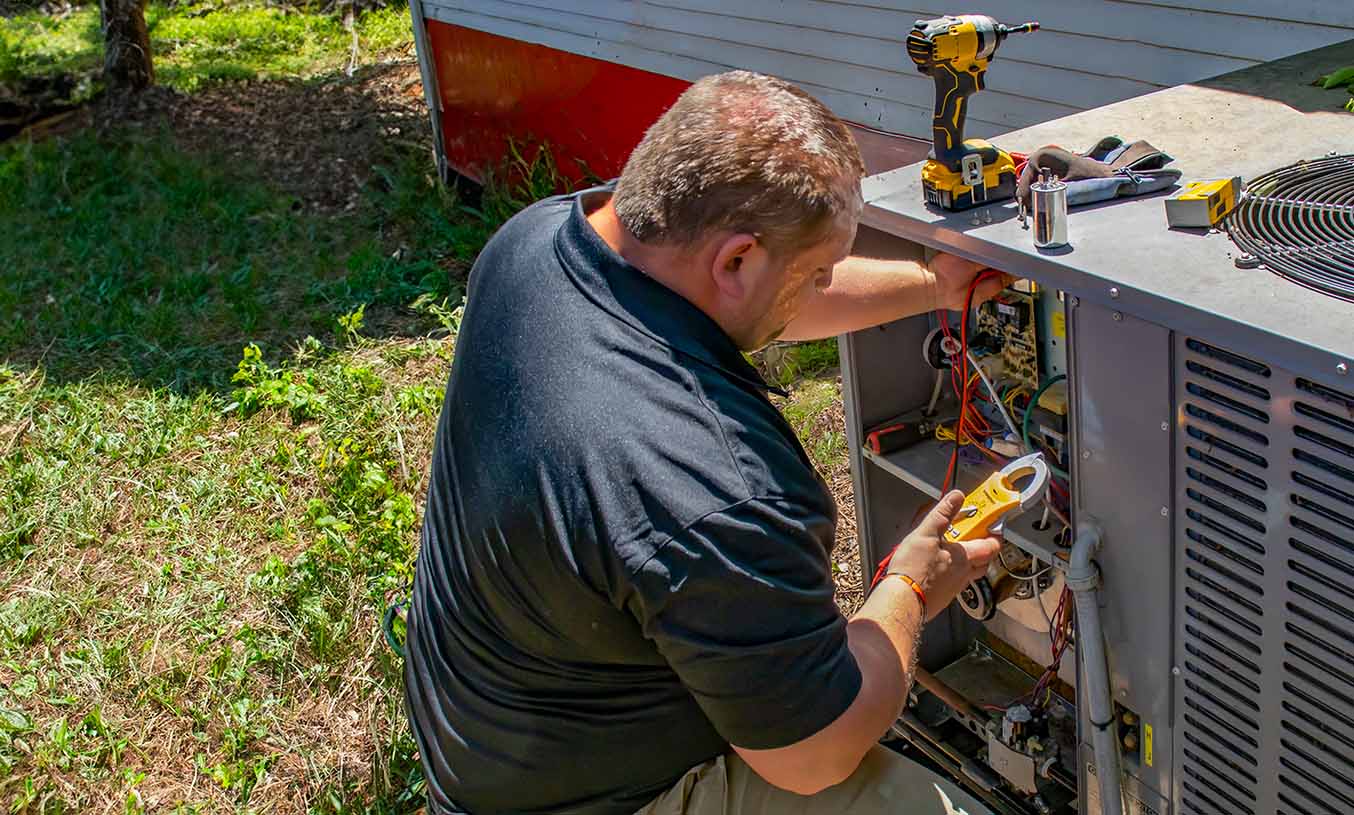

Energy Efficiency
Your trusted partner for professional home services. Quality workmanship, guaranteed satisfaction.




- HEP
- Energy Efficiency
Energy Efficiency | Air Conditioning | Heating and Air Conditioning | Lookout Mountain
When the summer sun climbs over Lookout Mountain and the valley heat starts to shimmer, HEP is ready with precision-engineered solutions that keep every room comfortably cool without wasting a watt. Our certified technicians combine decades of regional know-how with the latest ENERGY STAR technology to design, install, and maintain systems that quietly slash utility bills while boosting indoor air quality. From smart thermostats to high-SEER heat pumps, every recommendation is tailored to your home’s unique layout, ensuring you enjoy maximum savings and whisper-quiet comfort season after season.
Should trouble ever strike, one call brings a rapid-response crew armed with diagnostic tools, genuine parts, and a promise of straight-forward pricing. We handle tune-ups, emergency repairs, and full replacements with the same neighborly care that has made HEP a trusted name across Tennessee. Discover how effortless and affordable truly efficient air conditioning can be, and let the mountain breeze feel even fresher inside your home.
FAQs
What steps can I take to make my air conditioner run more efficiently in Lookout Mountain’s climate?
Start by sealing and insulating ductwork, weather-stripping doors and windows, and adding attic insulation to keep humid summer air out. Replace or clean filters every 30–60 days, keep outdoor coils free of leaves and debris, and use a programmable thermostat to raise the set point 4-6°F while you’re away. In Lookout Mountain’s mild evenings, open windows and use ceiling fans to reduce compressor run time.
Which SEER rating is best for an air-conditioning system in Lookout Mountain?
Because the area experiences hot, humid summers and a long cooling season, we recommend choosing equipment with a Seasonal Energy Efficiency Ratio (SEER2) of at least 15.2 (equivalent to SEER 16 on legacy labels). Higher ratings—18 SEER2 and above—can lower annual cooling costs by 25-35 %, especially for homes that run the AC six or more months per year. Balance efficiency with budget; the energy savings should pay back the higher upfront cost within 5-8 years for most homes on the mountain.
Are high-efficiency heat pumps a good alternative to traditional air conditioners here?
Yes. Modern variable-speed and dual-fuel heat pumps provide efficient cooling during summer and economical heating during the shoulder seasons. Because Lookout Mountain’s winter lows occasionally dip below freezing, pairing a heat pump with a gas furnace (dual-fuel) ensures comfort and efficiency year-round. Look for ENERGY STAR-certified heat pumps with an HSPF2 of 8.1 or higher and a SEER2 of 15.2 or higher.
How often should I schedule professional maintenance for my AC system?
Have a licensed HVAC technician perform a tune-up once a year—preferably in early spring before peak cooling demand. The visit should include refrigerant pressure checks, coil cleaning, electrical inspection, thermostat calibration, and airflow measurement. Regular maintenance can improve efficiency by up to 15 % and extend equipment life, which is especially important in the moisture-rich environment of Lookout Mountain.
Are there rebates or tax incentives for installing energy-efficient air-conditioning in Lookout Mountain?
Homeowners may qualify for federal tax credits under the Inflation Reduction Act—up to $2,000 for high-efficiency heat pumps and 30 % of costs (capped amounts) for insulation, air-sealing, and smart thermostats. Tennessee Valley Authority (TVA) and local utility programs periodically offer rebates for ENERGY STAR heat pumps and central AC systems. Check with EPB, NGEMC, or City of Chattanooga utilities for current incentives before purchasing.
Does Lookout Mountain’s elevation affect air-conditioner sizing or performance?
At roughly 2,000 feet, the elevation causes a slight drop in air density, which minimally reduces cooling capacity (about 2-3 %). A Manual J load calculation performed by your HVAC contractor will account for this, along with local humidity, solar gain, and insulation levels. Proper sizing is critical; oversized units short-cycle, wasting energy and failing to dehumidify, while undersized systems run constantly and wear out faster.